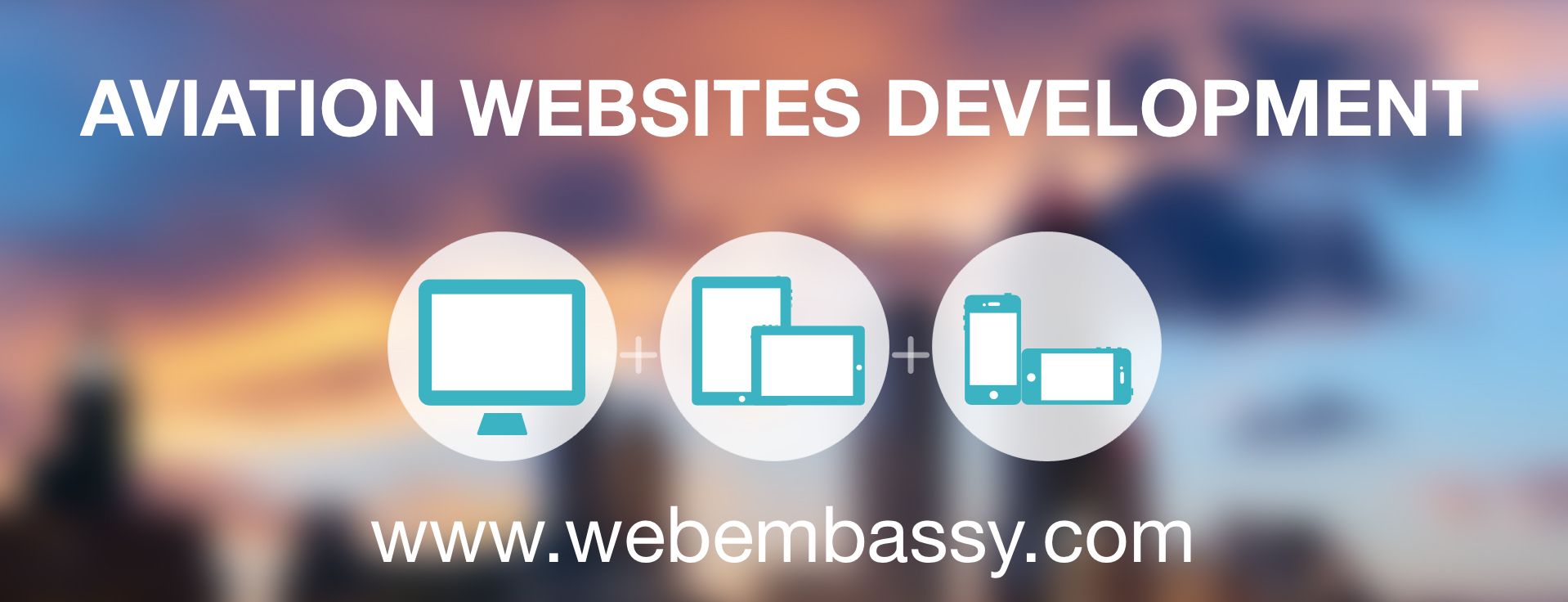Fuel surcharges don’t matter much to most consumers. They’re advertised as part of the paid fare when buying a ticket. They even earn credit in revenue-based frequent flyer programs. They really only matter to consumers who have airfare discounts that don’t apply to the surcharges, and to frequent flyers booking awards.
United never collects fuel surcharges on awards
American only collects big fuel surcharges on British Airways, and very modest surcharges on Iberia
Delta collects fuel surcharges on some foreign airline partners (like China Southern and Air Tahiti Nui) and on awards originating in Europe
Most foreign airlines outside of South America add whatever fuel surcharge would have been included in a paid fare when redeeming miles. Those amounts vary widely by destination.
Since fuel prices have dropped, and fuel surcharges are now absurd on their face, several airlines have just renamed ‘fuel surcharges’ as ‘carrier-imposed surcharges’. In the US that’s important because in the US fuel surcharges unrelated to the price of fuel are considered by the DOT to be illegal.
Now there’s literally no justification for the surcharges. They’re just a fee for nothing. They’re ‘carrier-imposed’ (of course, who else sets fares?) but don’t cover anything in particular. That begs the question, why do airlines do this?
Fuel surcharges are advantageous to an airline for several reasons.
They can raise or lower all fares in a market with a single change, and without having to refile the fares, by adjusting the surcharge.
They can adjust negotiated fares where the agreement is for a fixed base fare or a percentage off the base fare.
They can tax their frequency program members with cash co-pays to redeem ‘free’ award tickets.
Not all airlines are following the ‘carrier-imposed surcharge’ model, at least for flights originating in their home countries, and this is generally the result of government rules in that country. For instance,
Asiana and Korean Air no longer add fuel surcharges to tickets originating in South Korea. Their flights originating elsewhere do incur fuel surcharges, though their low (eg ~ US$160 roundtrip US-Korea).
Qantas has eliminated fuel surcharges on tickets originating in Australia. They’re still quite high heading to Australia from the U.S.
Note that airfare prices don’t fall, paid fares are just altered to include the surcharge. As they should. These aren’t optional fees, they don’t buy anything extra (“I’d like to buy the ticket, but not the fuel please”). They’re a part of the price of the ticket, period.
Now Japanese airlines may remove fuel surcharges. (Already Japanese domestic flights don’t have them — and in some cases there aren’t any airport taxes, either.)
ANA Holdings Inc., which operates Japan’s largest airline, says on its website that if the two-month average of Singapore kerosene-type jet fuel falls below 6,000 yen for flights originating from Japan, or below $60 for flights originating elsewhere, then it won’t collect a fuel surcharge. Japan Airlines Co. sets the same limits, according to its website.
Maho Ito, a spokeswoman for ANA, said the carrier will announce any changes to its fuel surcharges around the middle of next month, to take effect from April, she said by telephone in Tokyo. She declined to say if the carrier would indeed eliminate surcharges. Japan Airlines is reviewing the surcharges, Takuya Shimoguchi, a spokesman for the carrier, said by telephone in Tokyo.
I don’t avoid fuel surcharges like the plague, sometimes I’ll even pay them, and they can be worth it. For instance, flights to Korea or Hong Kong have very modest surcharges. And Korean Air SkyPass charges just 80,000 miles roundtrip for business class between the US and Europe. That’s 45,000 fewer miles than Delta charges. So you’re basically buying back some of your miles with cash (think of it as a ‘cash and points’ award).
Korean Air
Fuel surcharges are dishonest, and an unfair tax on frequent flyers. And with oil below $30 a barrel they’re truly absurd.
I don’t expect European carriers to follow suit, nor do I expect fuel surcharges to spread further to US programs in the current environment. The status quo will likely prevail, except where there’s some form of external intervention.
TAG Aviation expands the fleet with the addition of three exceptional aircraft, enhancing their charter services across Europe and Asia. Warm welcome to Dassault Falcon 2000 LXS, E...
Safran Helicopter Engines has signed a major support-by-the-hour contract with DRF Luftrettung for the engines powering its H145 helicopter fleet. This SBH contract covers in-service support and...
Tecnam Aircraft announced the appointment of Air Evolution as the exclusive dealer for sales and service in Mexico. Air Evolution will offer Tecnam complete line of light sport and certified sing...
GA Telesis announced record-breaking results from its expansion into the fuel system at its MRO Services Component Repair Group. Initiated in 2021 to meet customer demands, this venture...


